Description
Despite a propensity toward fierce criticism of his generals, with great regard the Duke of Wellington referred to William Carr Beresford as ‘the ablest man I have yet seen in the army’.
Marshal William Carr Beresford is the story of a celebrated and distinguished Irishman, honoured and decorated by the governments of Great Britain, Portugal and Spain, who served as Commander in Chief of the Portuguese army for eleven years. The book follows the trajectory of Beresford’s extensive military career. Born the illegitimate son of the 1st Marquis of Waterford, Beresford joined the British army in 1785, serving in the Mediterranean, Egypt, South Africa and South America, before further distinguishing himself – and meeting Wellington’s redoubtable esteem – as Marshal of the Portuguese forces during the Peninsular War. Sent to Portugal to rebuild its army in the fight against Napoleon, Beresford was so successful that Wellington integrated the Portuguese and British armed forces in that struggle.
Beresford is revealed as a trusted friend and confidant of Wellington, a relationship that was to endure for the rest of their lives. Their ability to work together led to Beresford’s appointment as Master General of Ordinance in Wellington’s government of 1828.
If you would like to buy the Portuguese version of this book please click here
Table of Contents
- Early Life
- Cape of Good Hope and the Rio de la Plata, 1806–1807
- Madeira, 1807–1808
- The Defeat of the First French Invasion of Portugal and the Convention of Cintra, 1808
- With Sir John Moore into Spain,1808–1809
- Marshal of Portugal: The Spring Campaign 1809
- Reform of the Portuguese Army, the Summer Campaign of 1809 and Preparations for the Defence of Portugal
- The Portuguese Army, 1809–1810
- Busaco, The Lines of Torres Vedras and the Left Bank of the Tagus
- The French Retreat from Portugal
- The Battle of Albuera and its Aftermath, 1811
- The Portuguese Army Goes from Strength to Strength, 1811–1812
- Vitoria, a Return to Portugal and the Crossing into France, 1813
- Winter in the Pyrenees, the Battles of Orthez and Toulouse, 1814
- Family, Friends, Finance and Politics
- A triumphant return home
- Portugal and Brazil 1814-1820
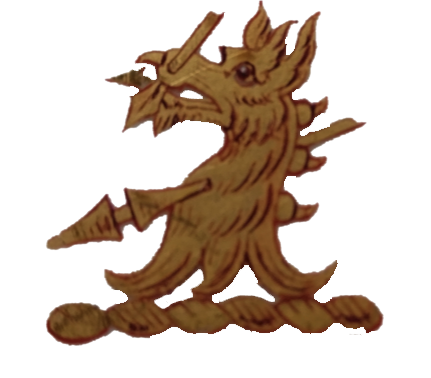

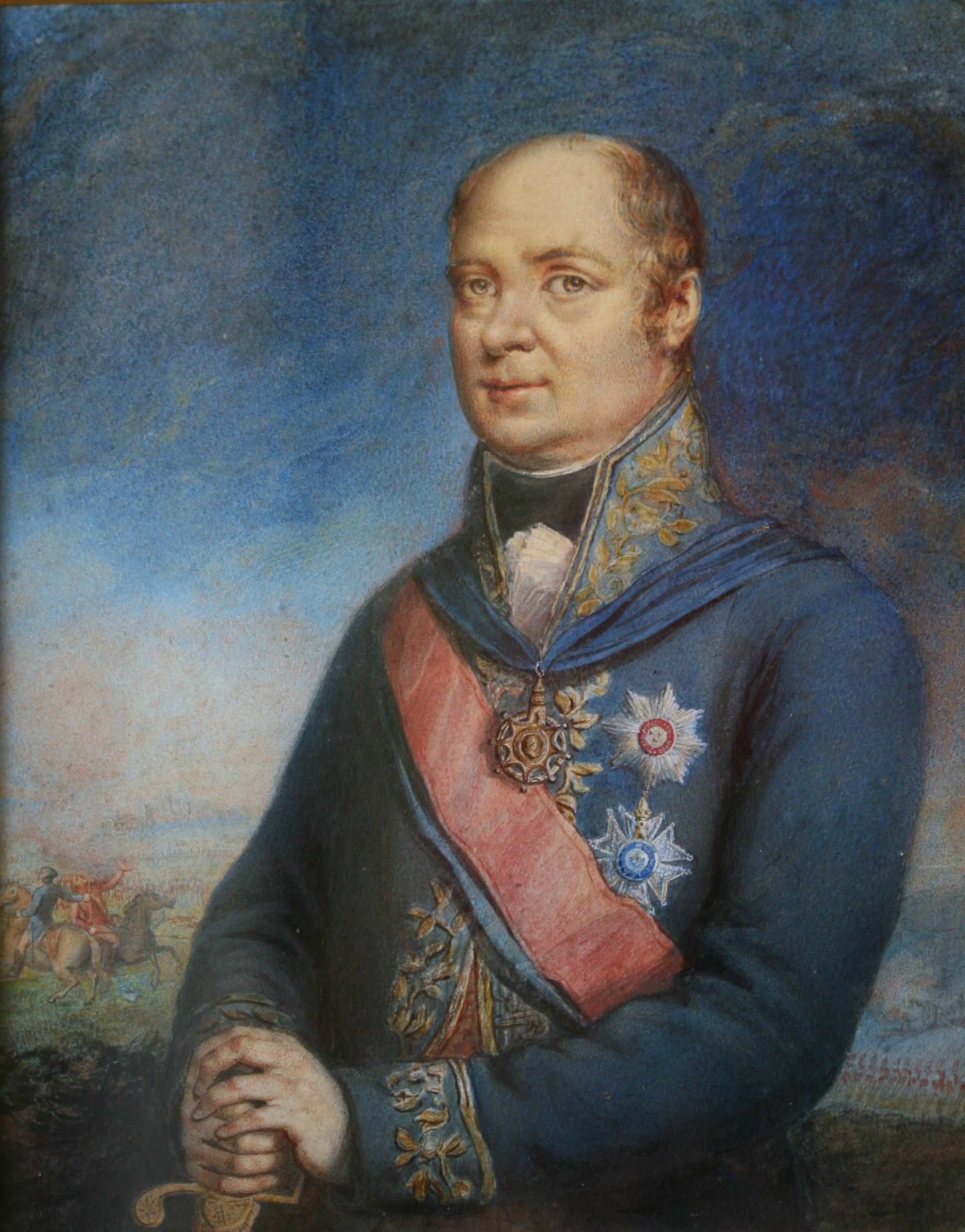
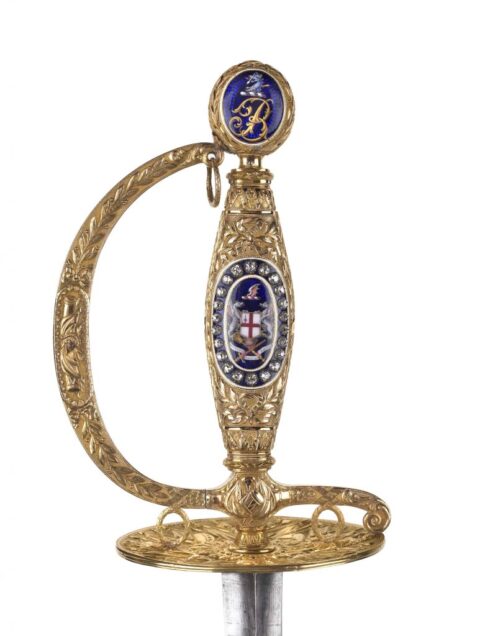
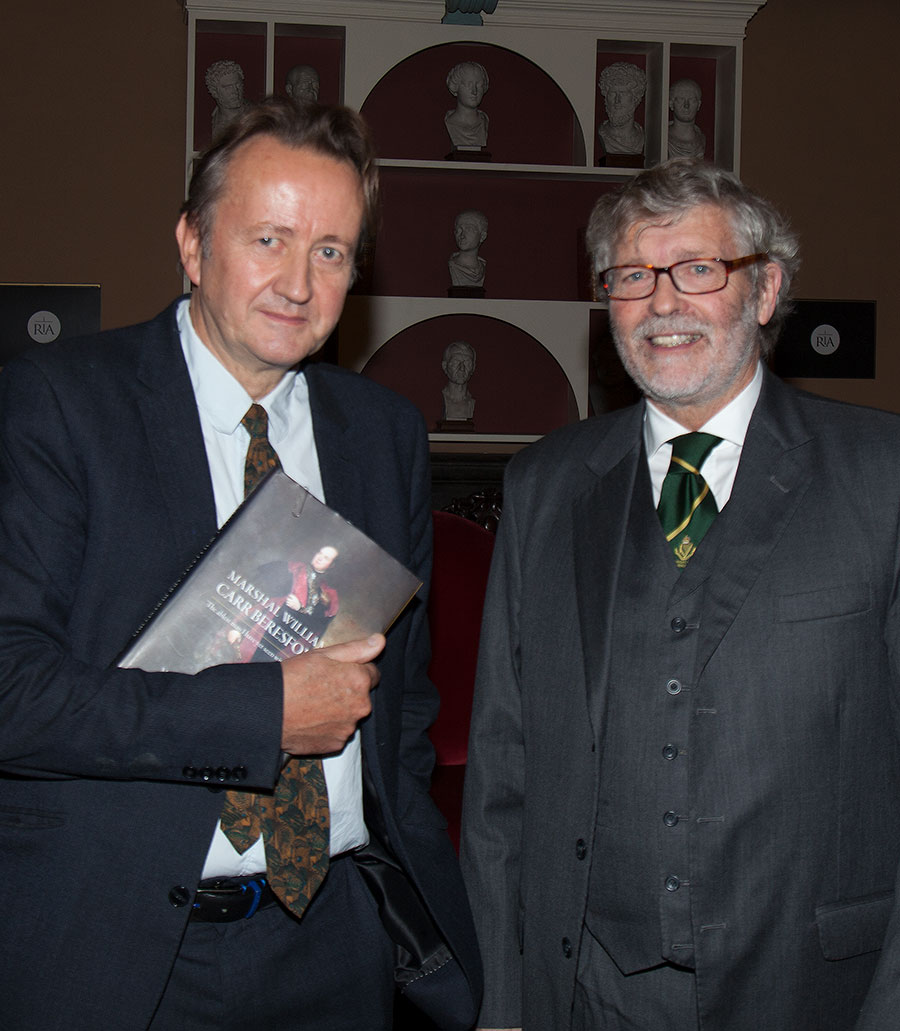
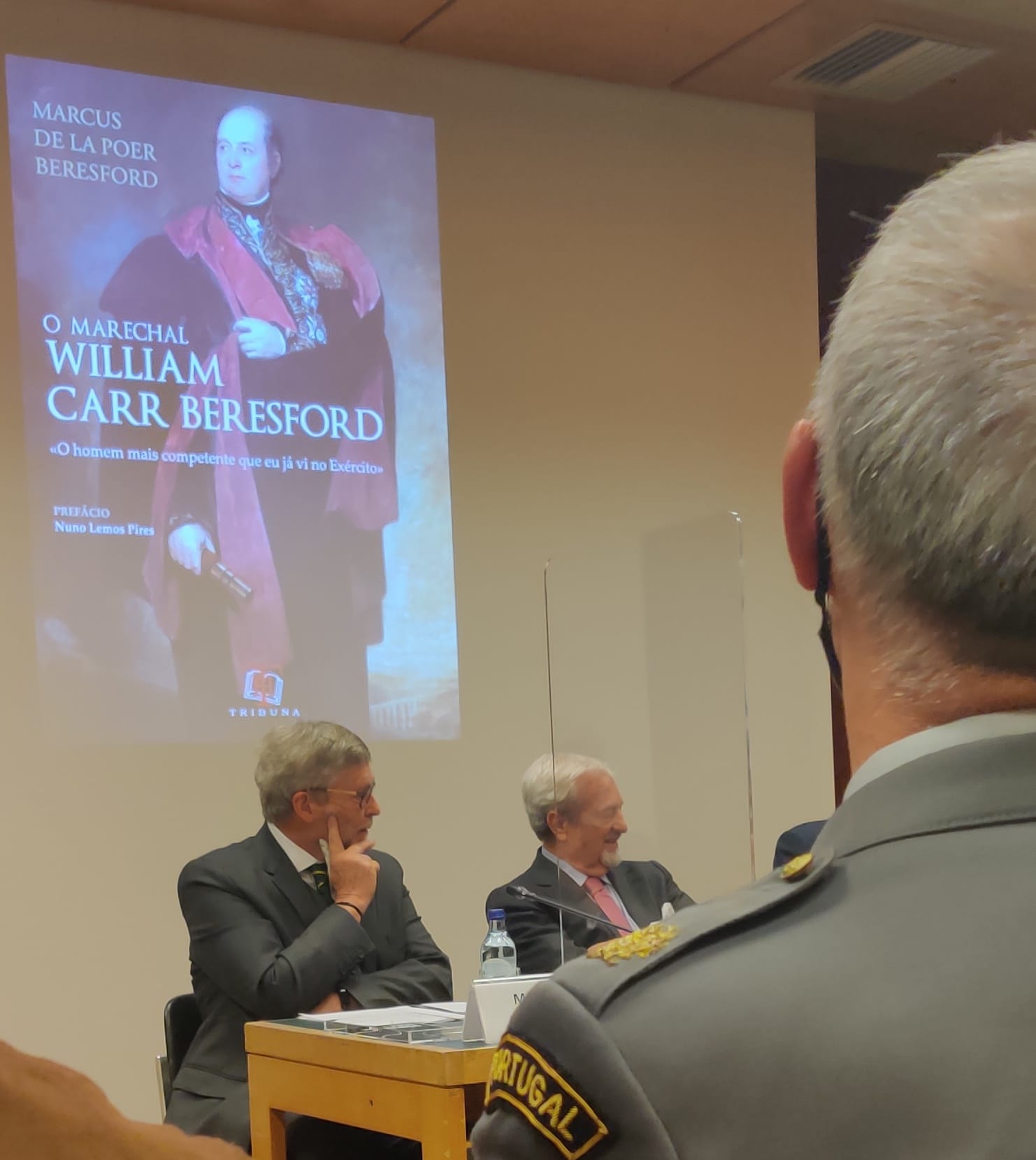
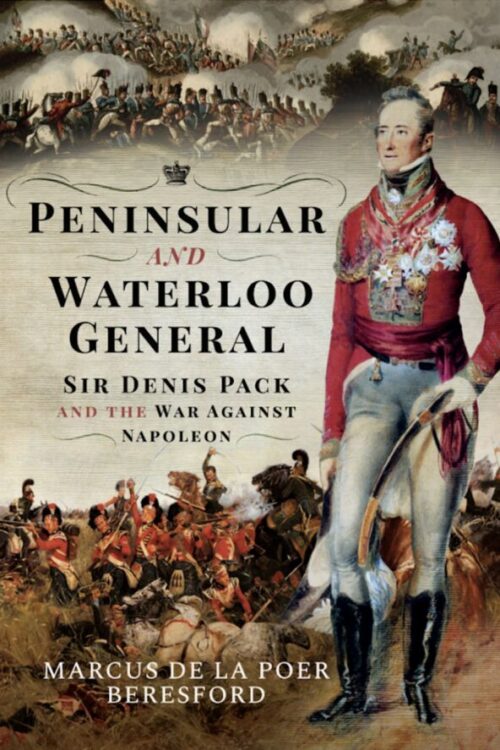
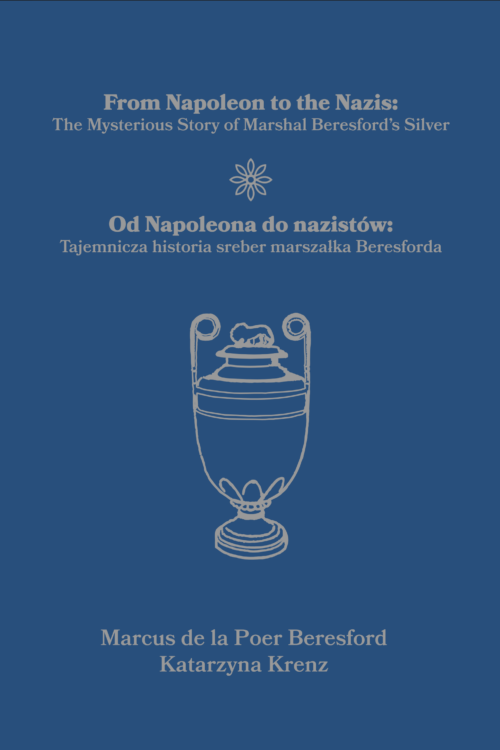
Paul Chamberlain –
Written by a distant relative of William Carr Beresford, this author has produced a well-researched and detailed study of the man’s military career from his early life through the Napoleonic Wars to his involvement with Portugal and Brazil after 1814. He had a remarkable career, and his story is told utilising archival and printed sources worldwide.
Anyone with an interest in the Napoleonic Wars will know the name Beresford and be conscious of his involvement in the Cape of Good Hope and the Rio de la Plata 1806-1807 and his career in the Peninsula Campaign, including his reorganisation of the Portuguese Army. This came about after the defeat of the first invasion of Portugal and the controversial Convention of Cintra, and the book contains details of the articles of this treaty that make for interesting reading. Indeed, all the events surrounding Beresford’s career are examined in detail, placing the man in the context of his time and place.
Beresford’s main contribution to the war was the reorganisation of the Portuguese Army, working closely with Dom Miguel Pereira Forjaz, the Portuguese Secretary for War and Foreign Affairs of the Regency Council. Beresford had a grasp of and interest in Portuguese affairs, so he was ideal for the role. The author describes the structure of the Portuguese Army under Beresford; the infantry, cavalry, and artillery; the appointment of British officers to command regiments; the supply, pay, discipline and recruitment. Progress was such that by 1810 Portuguese regiments could be brigade with British units. The author has written a clear account of this army, the problems Beresford faced, and how he overcame them. The Marshal comes across as a very able organiser and administrator.
What does make this a unique study is that the war is examined from the Portuguese perspective, so we are provided with a different view of the Peninsula Campaign that makes for refreshing reading. Beresford’s role in the defence of Portugal and the Lines of Torres Vedras is presented in detail, with the defence of Almeida discussed, followed by the Battle of Albuera and its aftermath with an analysis of the British and Spanish involvement, utilising reports from both armies. This battle was not Beresford’s finest moment, and the author has done his research in being able to analyse the reasons why events happened on the day – an incredibly good study of this action.
From 1811 onwards the Portuguese Army went from strength to strength, and it comes across that Wellington had a remarkably high regard for Beresford and his achievements. The author follows the fortunes of this army from Badajoz and Salamanca through the Pyrenees and emphasises the colossal nature of the contribution of Portugal in terms of fighting men during the war; including a table of the returns of Wellington’s Army for 1813 and 1814, that clearly show the large proportion of Portuguese soldiers present. An analysis of Beresford’s contribution to Allied success in the Peninsula is included, followed by his involvement with Portugal and Brazil between 1814 and 1820.
Marshal William Carr Beresford is a detailed and informative analysis of a remarkable man and a major player in the story of the Peninsular War. The only minor criticism I have of this book is that is ends in 1820, with nothing about his life after that date. However, as an examination of the military career of Marshal William Beresford this is one study that cannot be surpassed. It has also been written in an extremely easy to read style. Highly recommended.
Paul Chamberlain